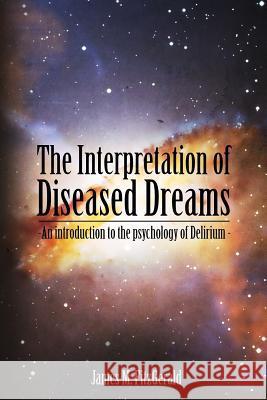The Interpretation of Diseased Dreams » książka
The Interpretation of Diseased Dreams
ISBN-13: 9781535042277 / Angielski / Miękka / 2016 / 366 str.
Despite the advances in medicine, many conditions associated with the ageing population are emerging to challenge successful healthcare delivery. The most prominent of which are dementia and delirium. The convergence between the increasing aged population and neurocognitive failure render it a public health crisis. In contract to dementia, delirium is an acute onset brain failure that is characterised by a complex phenomenology. Delirium is the ultimate paradox of medicine. At once universal to the human experience and unique to the individual life. It appears at different times, in different forms, to different people in different contexts. Mercurial to alchemists, divine to the devout, frightening to the ill and ignored by healthcare professionals; delirium casts a shadow over our lives and acts as a harbinger of our death. Theoretically and historically it is connected to the phenomenon of dreaming, both as its opposite in terms of purpose and equal in terms of experience. It evokes the spectre of a dialectic in nature. Today it is still an open question. With contemporary research, delirium is estimated to have a prevalence of 20% in the general hospital setting, almost 50% in the elderly patient population, and up to 80% in the ICU and palliative care settings. Although it is considered a medical emergency and associated with significant morbidity and mortality, it remains under recognised and under treated. To successfully tackle this problem, novel theory and innovative practices must be developed. This work aims at providing the theoretical framework by which this can be achieved. Therefore, the purpose of this book is to propose an innovative theory that considers both dreaming and delirium in terms of modern research and propose a progressive research programme that will form the foundation for a rehabilitation strategy for delirium. Finally, this book seeks to give meaning to those who desperately require it at a time when they need it most, in essence this book is a reply to the mandate for a psychology of delirium.
Zawartość książki może nie spełniać oczekiwań – reklamacje nie obejmują treści, która mogła nie być redakcyjnie ani merytorycznie opracowana.











